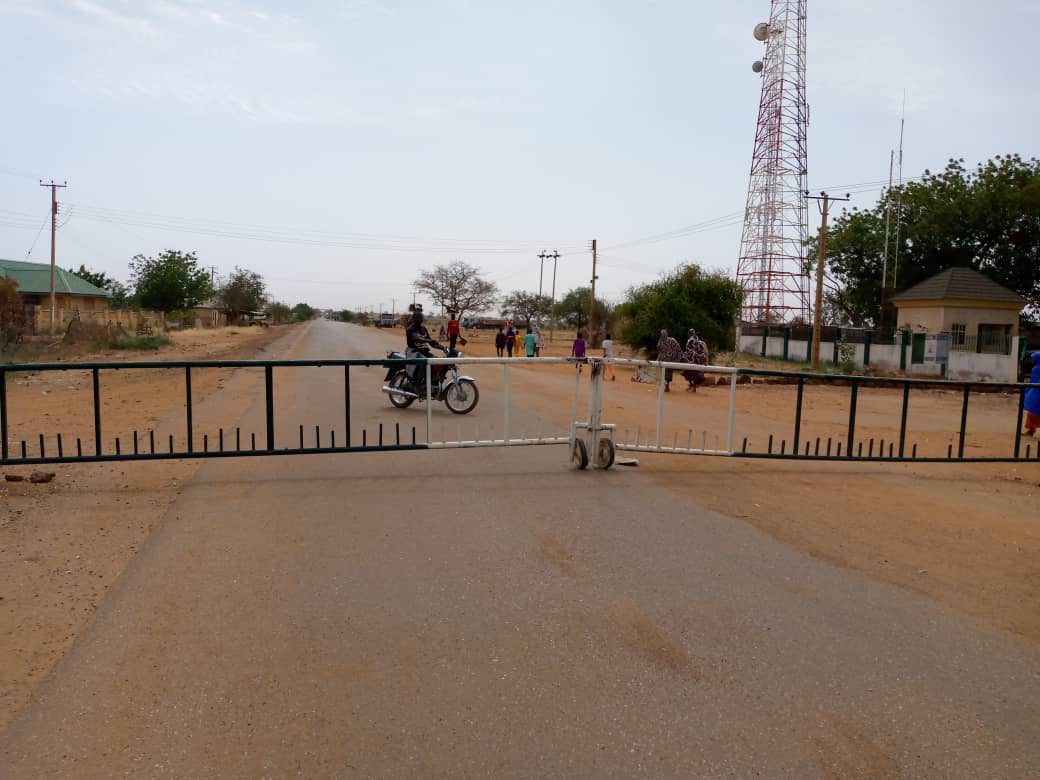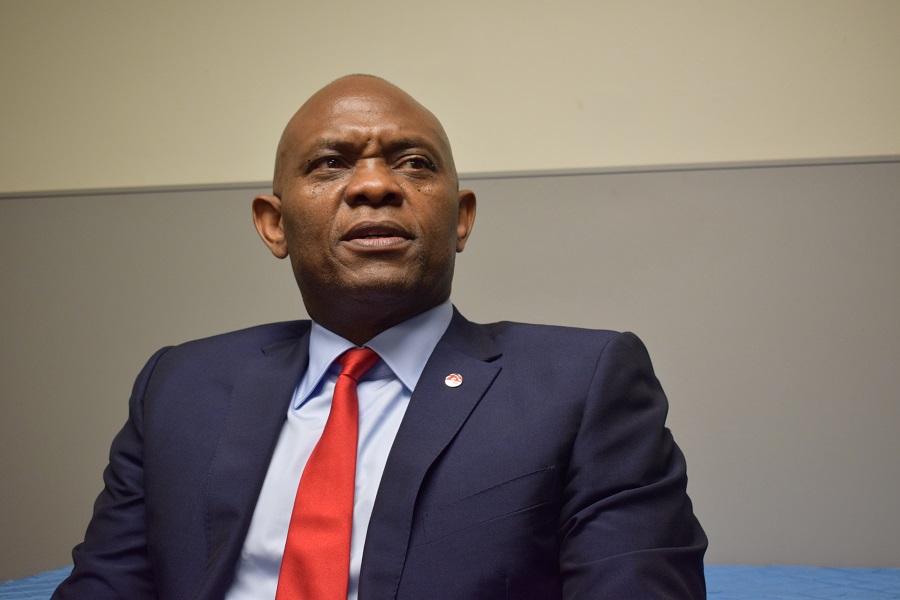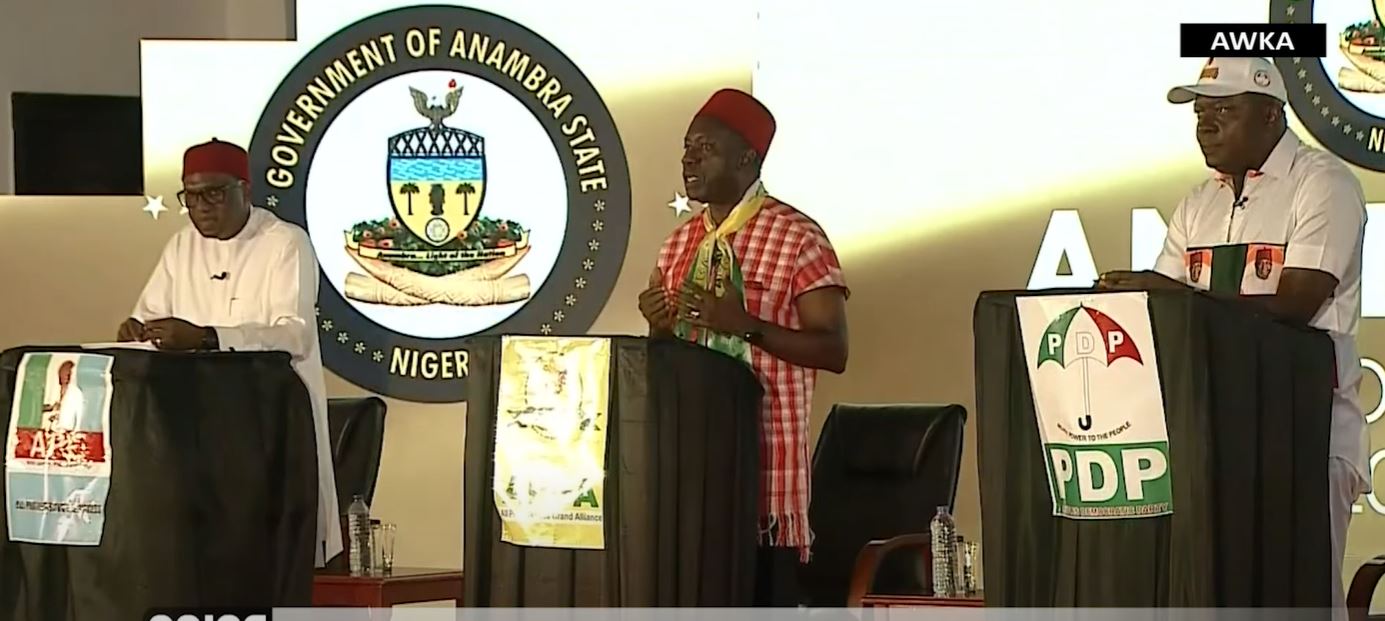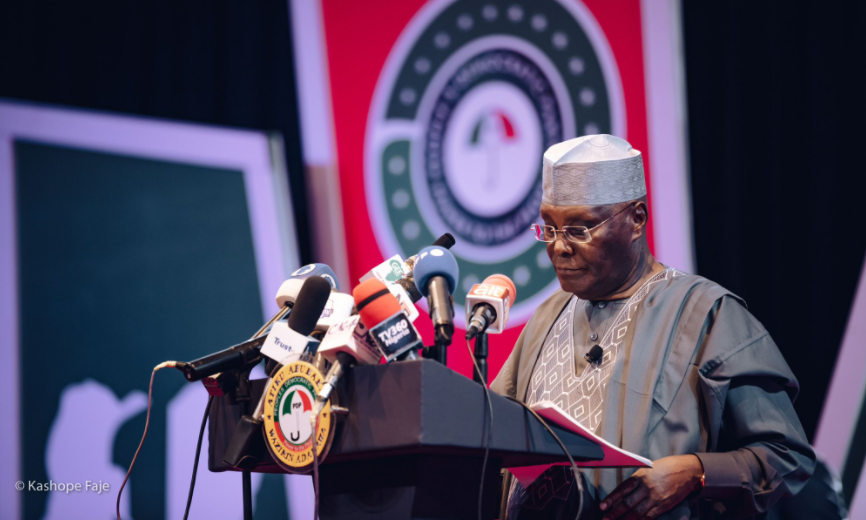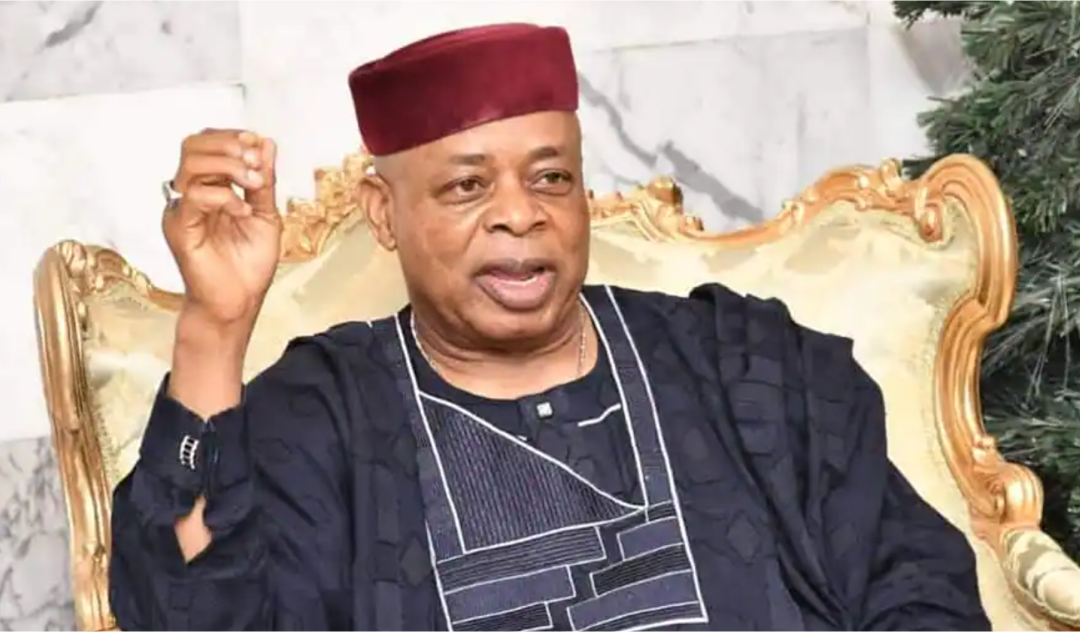One of the most critical aspects of national security is border policing. Any nation that fails to map out an effective strategy to police its border, cannot logically lay a claim to being a secured nation. Such a nation is, without mincing words, lacking in territorial integrity.
Over the past decade, I have observed with keen interest, the reports on the kind of breaches (of national territorial integrity) taking place along our borders with neighbouring countries like Benin Republic, Niger, Chad and Cameroon. I have always believed that Nigeria does not have a border (a line separating two countries, administrative divisions, or other areas, enforceable, within the purview of both, the national and international laws); what we have are boundaries (a mere geographic/spatial demarcation between places) with our neighbours.
On July 2, 2021, there was a report in a Nigerian daily newspaper, The Daily Trust, captioned ‘Outrage as Benin Republic police storm Ogun, arrest Nigerian activist’. The report details how outrage among the citizens, ensued in Igbokofi, Yewa north local government area of Ogun state, over the arrest or abduction of a Nigerian activist by the gendarmes from the neighbouring Benin Republic, the previous week, following his resistance against the alleged encroachment on some portion of land in Nigeria through Ogun state by the Beninois authority. The most logical question to be asked is where are the operatives of the Nigerian security agencies like the military, the Nigerian Customs, the Nigeria Police Force, the Immigration among others? But the question is easier asked than answered.
It is a common thing to see men of the Nigerian Customs Service, whose duty posts by default, is at the border chasing people with a small bag of rice in a gestapo-style, shooting at people, violating civilian spaces, and even killing innocent people whose taxes are used to procure those riffles and their bullets.
Advertisement
Why did I start with border policing when the inspiration for this piece is how and why Nigerians suffer and pay through their noses to procure petroleum products that it pleased the Grand Architect of the universe to deposit in the belly of their motherland? The reason is not far-fetched. The past one-and-a-half months has not been easy with Nigerian motorists (private and commercial), as the artificial scarcity-induced hike in pump price has inadvertently jerked up the prices of basic and essential commodities, especially food that is germane to the daily lives of an average human being. The scarcity was, first, triggered by a deliberate importation of off-spec petrol that was heavily laden with methanol; a spec meant for other climes. An attempt at withdrawing about 100 million litres of it that have been distributed, from circulation, was first blamed for the scarcity around mid-February. This was as the Nigerian National Petroleum Company (NNPC) Limited through its group managing director (GMD), Mele Kyari, assured Nigerians that it has as much as three billion litres in its reserve. It was such a soothing pronouncement from the company representing the government in the eyes of the people.
Nigerians, hearing that, from the GMD thought in a matter of days, a week or two, the issue of non-availability would become history. Alas! Here we are, helplessly watching, as economic saboteurs seized the opportunity to jerk up the price, and then ensure their illegal foreign market in our neighbouring West African countries are not starved, even though Nigerians were being starved. On February 13, 2022, the immediate past president of the Nigerian Senate, Dr Abubakar Bukola Saraki, during an interview with Seun Okinbaloye on his programme, Sunday Politics (a flagship program on Channels Television), insisted that “it is impossible, for Nigerians to be consuming as much as 70 million litres of petrol daily”. Where then could the surplus be? Saraki responded, saying it is being smuggled across the border to neighbouring countries where a product supposedly subsidised for Nigerians are now sold at a massive profit margin. Saraki went ahead to opine that it is not enough for the federal government to throw its hands up in resignation, saying, “it is being smuggled across the border”.
It is very difficult, if not impossible, not to align with the two-term governor of Kwara state, in asking; “where are the retinue of both military and paramilitary operatives manning our borders?” As taxpayers, it would be very dumb of us, not to ask, why is our taxes being spent on paying, arming and equipping the Customs, Police, Immigration, the State Security Service personnel at our ports, all of whom never fail to harass and sometimes, extort, innocent travellers at the border post, but turn blind eyes to economic saboteurs who smuggle subsidized fuel to Cameroon, Benin Republic, Niger Republic and even Chad? Saraki believes that this is possible because, highly-placed individuals in government are probably neck-deep in the smuggling business, hence the sustenance of the syndicate.
Advertisement
Just as the scarcity of fuel continues to inflict excruciating pains on Nigerians, causing galloping inflation, amidst the rising price of crude oil in the international market (over $100 per barrel) as a result of sanctions against Russia for invading Ukraine, there is no iota of hope that Nigerians will benefit from the expected windfall. The reason is not farfetched; the largest chunk of the earnings will be channelled into paying for subsidy which benefits never gets to the target beneficiaries (Nigerians). Remember the subsidised products will be diverted to neighbouring countries with the active connivance of security men at the border.
Just recently, the minister of state for petroleum resources, Timipre Sylva, attributed the inability of the country to meet its OPEC quota to what he describes as a “low level of investment in the oil and gas sector”, in an apparent reference to the recent spate of exits by international oil companies such as Shell and ExxonMobil from Nigeria’s oil and gas sector as industry observers worry about our failure to meet our allotted quota by the Organisation of Petroleum Exporting Countries (OPEC) let alone extra quota that would arise from Russia’s sanctions. Nigeria’s quota as approved by OPEC is about 1.8 million barrels per day but in the last few years, the country has oscillated between 1.3 and 1.4 million barrels per day.
But Nigerian billionaire businessman, economist, and philanthropist, Tony Elumelu, differs, arguing that the reason Nigeria had been unable to meet its oil production quota as approved by the Organisation of Petroleum Exporting Countries was not because of low investment in the sector but outright theft, not off-shore and on-shore. This was corroborated by Austin Avuru, former chief executive officer of Seplat Energy Plc, when he was quoted, in a report by TheCable on Monday, March 21, 2022, to have said that, 80% of Nigeria’s oil production is lost to “oil theft”.
The enormity of theft taking place along the coast, that is deemed under the statutory scopes of coverage by the Nigerian Maritime Administration and Safety Agency (NIMASA), the Nigerian Navy, Nigerian Air Force, among other agencies is so jaw-dropping that one begins to wonder if the prevention of such acts of economic sabotage is not the purpose for which these agencies, military, paramilitary and others were established. This is a classical case of (security) systemic failure and by implication, a waste of taxpayers’ money.
Advertisement
In the light of these acts of economic sabotage with the active connivance of people in high places, inclusive of Aso Rock, coupled with the consequent suffering of hapless Nigerians, the majority of whom have to bear the brunt of these illicit acts, many Nigerians are forced to ask; of what use is our taxes being spent on ineffectual security outfits and agencies that are to police our borders to prevent the nation from being sabotaged economically? Nigeria is the only country where border police (Nigerian Customs Service) is much more active inside towns (in the hinterland) than at the border. While they have a ubiquitous presence at the air and seaports, they are there for agendas that have no correlation with the core of their statutory mandates. You see them breaking into people’s shops inside popular markets across the country, but at the ports where those they’re chasing could easily be apprehended, extortion is the unwritten code – their major preoccupation. Once you pay the right price by greasing the right palms, even if you are bringing in human parts or narcotic drugs, you’d have an easy passage.
Subsidised petroleum products meant for Nigeria would be shipped to neighbouring countries while Nigerians, the target beneficiaries, are left to suffer as the scoundrels smile to the bank. Imagine, the federal government subsidises petrol so that Nigerians would not have to pay more than ₦165 per litre to get it. But what do we get? The product continued to be smuggled across the border for sales in countries where they pay between ₦400 and ₦500 per litre. And all our security operatives who man the border posts could do is demand for ₦100 while the country’s economy bleeds.
Once again, I shudder to ask on behalf of my fellow Nigerians; of what use is our taxes being spent on maintaining the plethora of security agencies (military and paramilitary) that cannot effectively police our border, thus denying us the opportunity of enjoying a subsidy for which the government purportedly pay billions of naira on a monthly basis, and trillions of naira annually, and worse still, turn their weapons on innocent and hapless Nigerians in the hinterland?
Abubakar writes from Ilorin. He can be reached via 08051388285 or [email protected]
Advertisement
Views expressed by contributors are strictly personal and not of TheCable.
Add a comment

